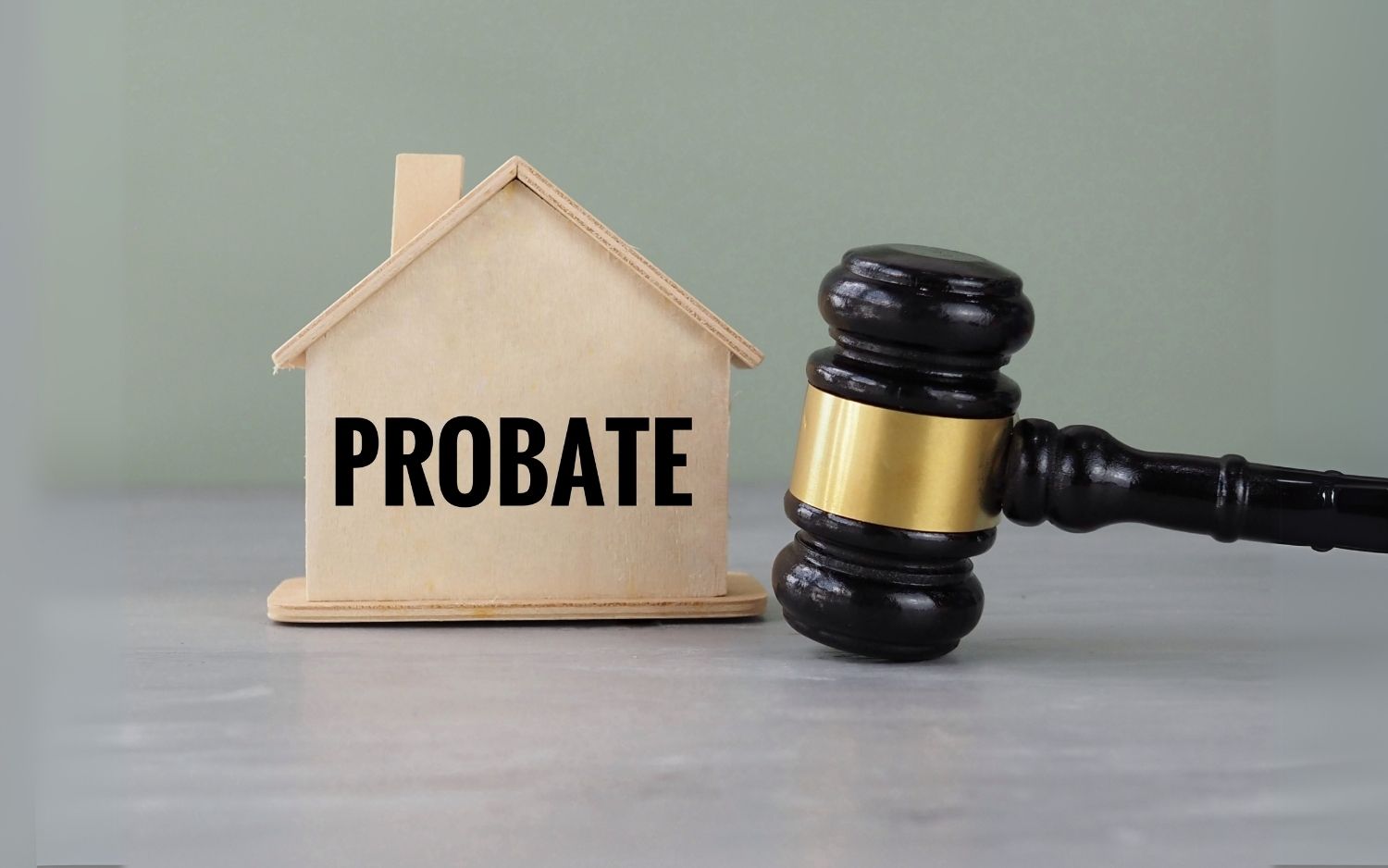When a loved one passes away, families are often left navigating legal and financial matters during an already emotional time. One of the most common questions that arise is “What is probate, and how does the process work?”.
If you’ve never dealt with it before, the probate process can seem intimidating and overwhelming. But with the right guidance, it doesn’t have to be. In this article, we’ll explain what probate is, why it matters, and how working with an experienced estate attorney can make all the difference.
What Is Probate?
Probate is the legal process of settling a deceased person’s estate. That includes proving the validity of a will (if there is one), identifying and valuing assets, paying debts and taxes, and distributing what’s left to the rightful heirs or beneficiaries.
In simple terms, probate is how the court ensures that everything is done fairly and according to the law.
When Is Probate Required in New Hampshire?
In New Hampshire, probate is required when someone passes away owning assets solely in their name—like a house, bank account, or vehicle that doesn’t have a co-owner or named beneficiary.
If the deceased left a valid will, the process is known as testate probate. If there is no will, it’s called intestate probate, and the court will distribute the estate according to New Hampshire law.
Examples of Assets That Typically Go Through Probate:
- Real estate owned individually
- Bank accounts without a payable-on-death beneficiary
- Vehicles titled solely in the decedent’s name
- Personal property without joint ownership
What Does the Probate Process Involve?
The probate process in New Hampshire typically involves the following steps:
- Filing a Petition: The executor or an interested party files a petition with the probate court to open the estate.
- Appointment of an Executor or Administrator: If there’s a will, the named executor is usually appointed. If not, the court names an administrator.
- Notifying Heirs and Creditors: All interested parties—including heirs, beneficiaries, and creditors—must be notified of the probate proceeding.
- Inventory and Valuation of Assets: The executor must identify and value all estate assets.
- Paying Debts and Taxes: Before distributing any assets, the estate must settle debts, funeral costs, and applicable taxes.
- Distribution of Assets: Once all obligations are met, remaining assets are distributed according to the will—or by state law if there is no will.
- Closing the Estate: A final accounting is submitted to the court, and once approved, the estate is officially closed.
Can Probate Be Avoided?
Yes—with proper estate planning, some or all of your estate can avoid probate entirely. This is where trusts, joint ownership, and beneficiary designations come into play.
- Avoiding probate can:
- Save time and money
- Keep your estate private (probate records are public)
- Ease the burden on your loved ones
At Beaupre Law, we specialize in helping clients develop customized plans to minimize probate administration and ensure a smooth transition for their families.
Why Work with a Probate Attorney?
While New Hampshire’s probate process is designed to be accessible, it’s easy to make mistakes—especially if you’re unfamiliar with legal filings, deadlines, or tax implications.
An experienced probate attorney can help:
- Ensure timely and accurate filings
- Prevent disputes among heirs
- Identify opportunities to streamline the process
- Provide peace of mind during a difficult time
Contact Beaupre Law for Probate Administration in NH
At Beaupre Law, we’ve guided countless families through probate administration in New Hampshire. Whether you’re settling a loved one’s estate or planning ahead to protect your own, we’ll provide the legal support—and the personal attention—you deserve. Contact us today!


